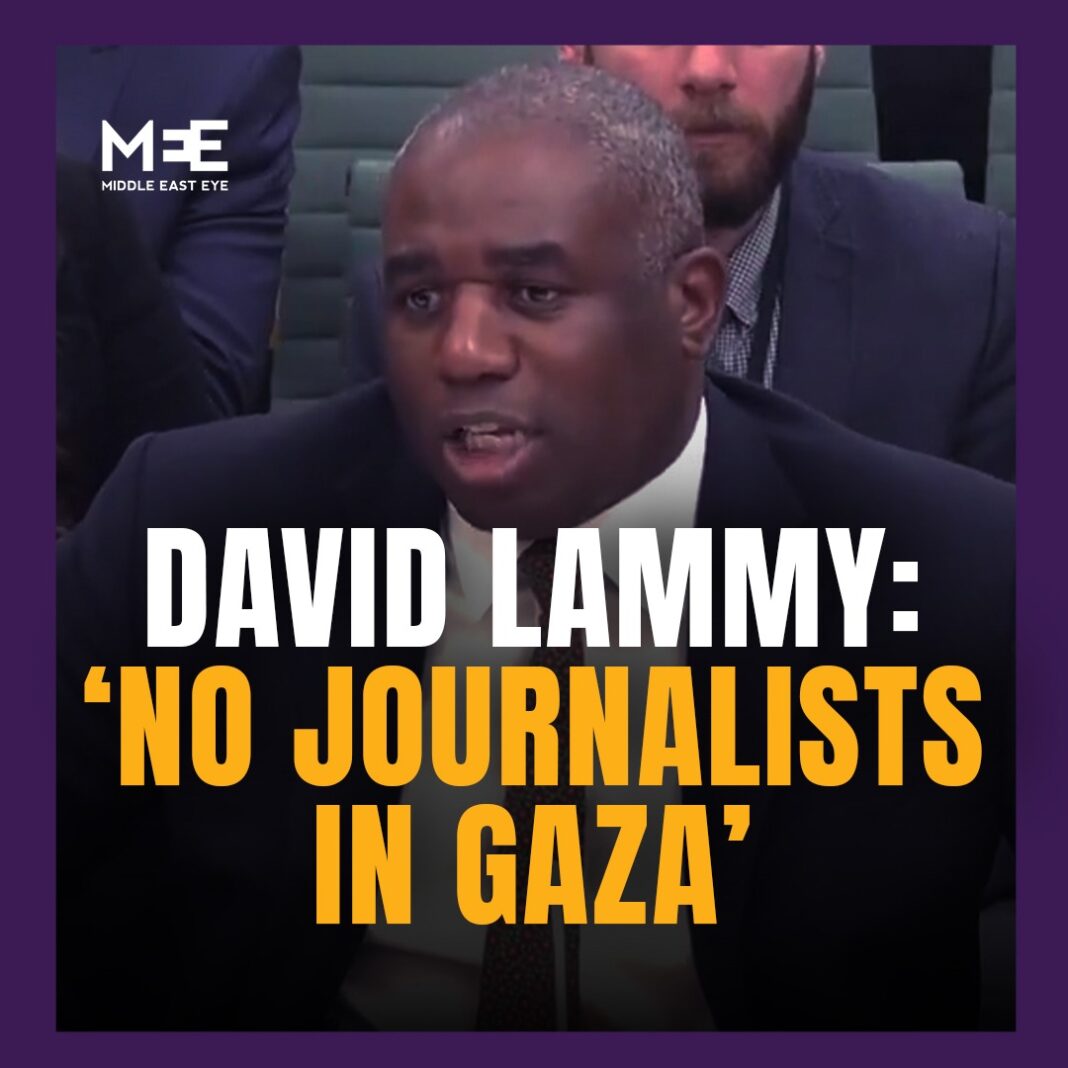In an unprecedented show of solidarity, more than 160 leading media outlets, press freedom organizations, and journalist unions from across the globe have issued an urgent call for unrestricted international media access to Gaza and the immediate protection of journalists operating in the besieged territory.
The joint statement, coordinated by the Committee to Protect Journalists (CPJ) and Reporters Without Borders (RSF), was released on June 9 amid mounting concern over Israel’s ongoing blockade of Gaza and its systematic targeting of journalists. The open letter condemns Israel’s nearly two-year-long refusal to allow independent journalists into Gaza—a move described as “without precedent in modern warfare.”
“To date, nearly 200 journalists have been killed by the Israeli military,” the signatories write. “Many more have been injured and face constant threats to their lives for doing their jobs: bearing witness. This is a direct attack on press freedom and the right to information.”
Among the global signatories are the BBC, CNN, Reuters, the Associated Press, Agence France-Presse, Al Jazeera, Le Monde, Haaretz, and the Financial Times, alongside respected regional outlets such as +972 Magazine, The Intercept, Premium Times, Dawn, and the Mail & Guardian.
The signatories argue that the ongoing information blackout obstructs independent verification of war crimes, prevents the world from understanding the scale of the humanitarian catastrophe, and threatens the foundational principles of international law and journalistic integrity.
Media Ban and Mounting Casualties
Since the beginning of Israel’s assault on Gaza in October 2023, journalists have faced extreme risks, working under siege with little access to food, fuel, or communication tools. CPJ reports that at least 199 journalists and media workers have been killed—more than in any conflict in recent history. Many of those targeted were local reporters, the very people best positioned to tell the story from within Gaza.
“Israel has created a near-total blackout on independent reporting from Gaza. The only journalism reaching the outside world is done at unimaginable personal risk by Palestinian reporters inside the Strip,” said Jodie Ginsberg, CPJ’s CEO.
According to RSF, the Israeli military’s attacks on journalists and their families constitute deliberate war crimes. RSF has filed several legal complaints, including with the International Criminal Court (ICC), arguing that these actions are part of a broader effort to silence coverage of Israel’s military conduct.
Renewed Call to Action
With Israeli forces ramping up their operations and international efforts to facilitate humanitarian aid repeatedly blocked or delayed, the media coalition is calling on world leaders and institutions to demand accountability and immediate access for journalists.
“At this pivotal moment, with renewed military action and efforts to resume the flow of humanitarian aid into Gaza, it is vital that Israel open Gaza’s borders for international journalists,” the statement urges.
The letter also calls on Israel to uphold its international obligations to protect journalists as civilians under the Geneva Conventions and other binding international law.
Press Freedom as a Casualty of War
Both CPJ and RSF emphasized that war zones must not be media-free zones. The right to report is enshrined in international law and must be upheld—even in the fog of war.
“Suppressing journalism is not a security measure. It is a form of repression,” said RSF Director General Thibaut Bruttin. “Without journalists, there is no record. Without a record, there is no accountability.”
The list of signatories reflects a truly global concern—from Latin America to Southeast Asia, from Africa to Europe. Independent media from the Global South joined legacy Western outlets in a rare, unified stance, showing that press freedom is not merely a Western ideal—it is a universal human right.
As the war in Gaza continues into its 20th month, the demand from the global media community is clear: Israel must stop targeting journalists, end its blockade on press access, and allow the world to see what is happening inside Gaza.




